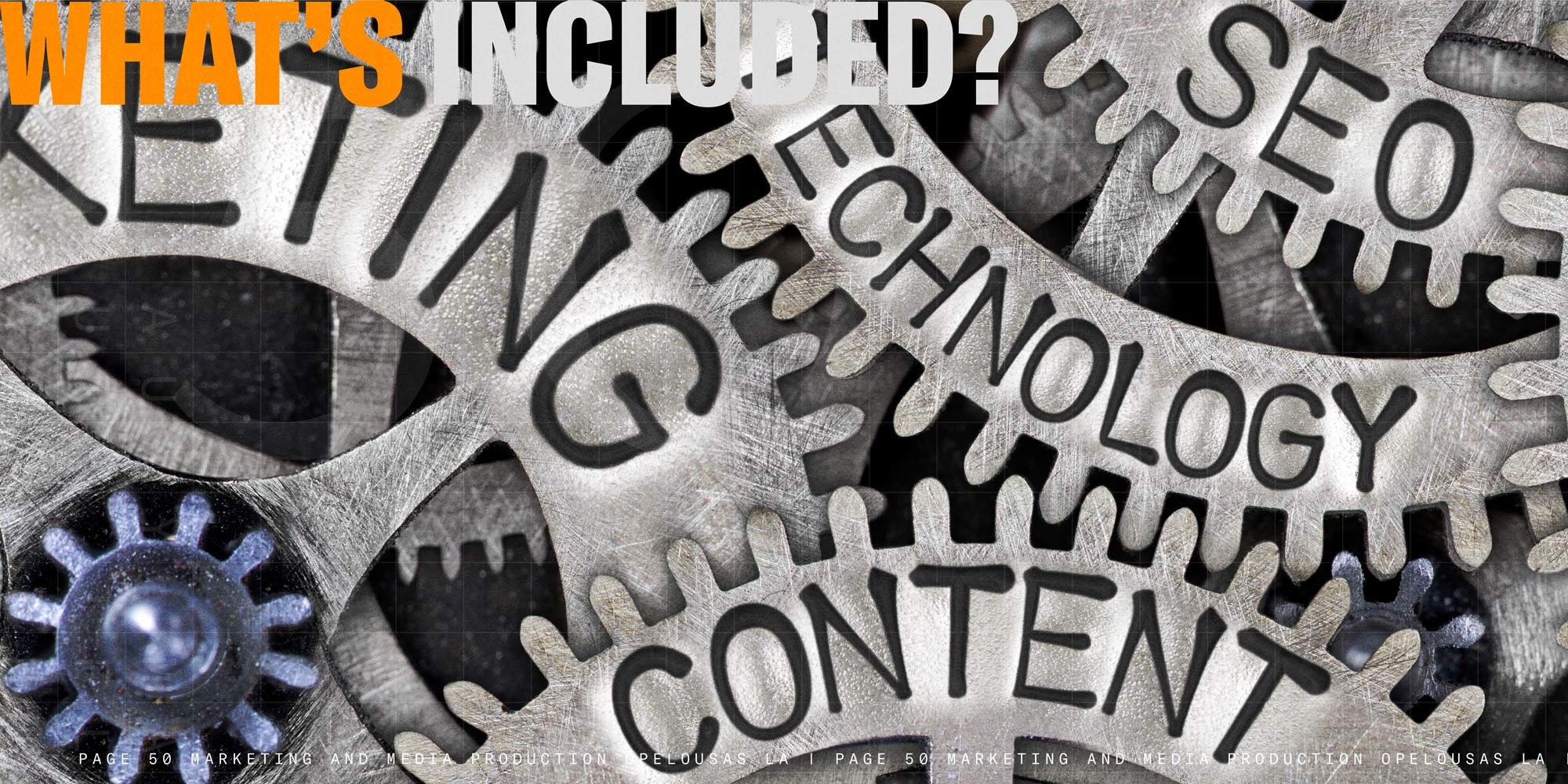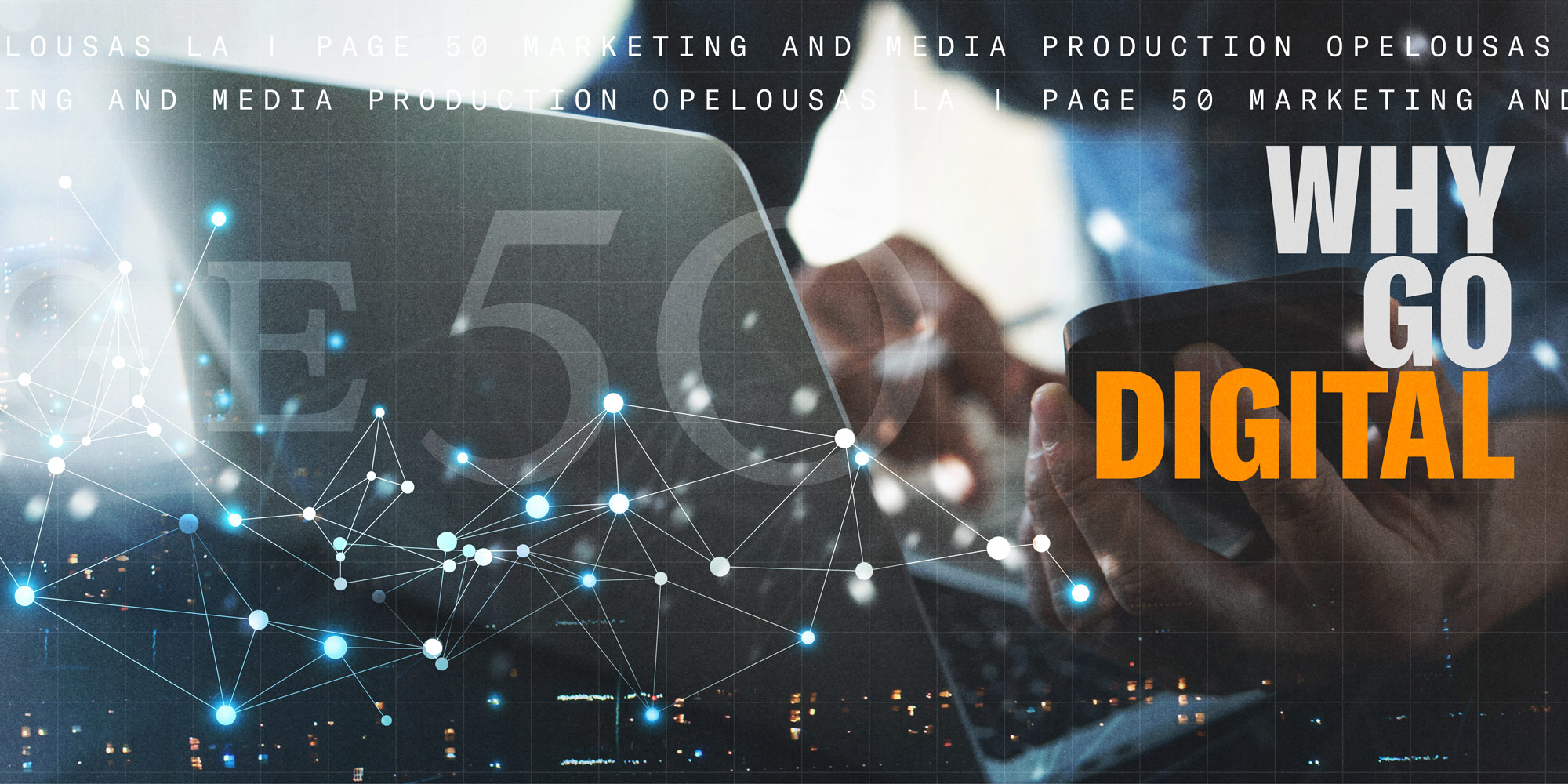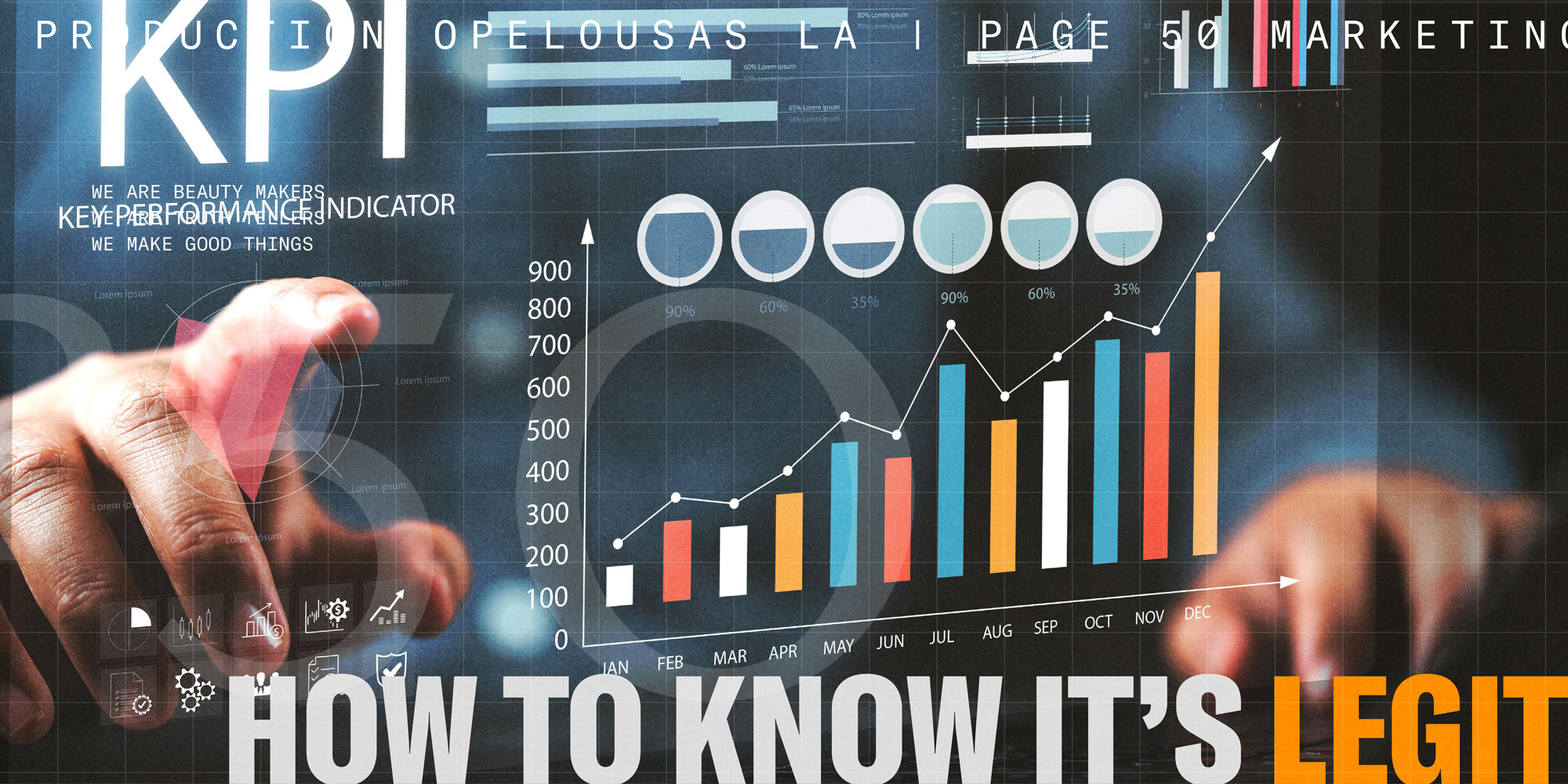TL;DR
Yes. Digital marketing is legit. It’s not a scam or a pyramid scheme. Advertising your business online is a very real thing and is becoming more popular amongst even the biggest brands. No matter what industry you’re in or how big or small your business is, chances are that you’ll benefit from including digital ads as part of your marketing strategy.
To be fair, not everyone who claims they can help you with digital marketing is being honest. Here are a few things you can look for to know whether an ad agency or marketer is legitimate.
What’s Included
 Your complete marketing strategy will likely include at least some traditional media (print ads, yard signs, radio commercials, billboards, etc.) but many companies are relying more and more heavily on digital means for communicating with their potential customers.
Your complete marketing strategy will likely include at least some traditional media (print ads, yard signs, radio commercials, billboards, etc.) but many companies are relying more and more heavily on digital means for communicating with their potential customers.
Digital marketing uses multiple channels to reach your audience, including but not limited to:
search engine optimization (SEO)- This is the process of maximizing the number of visitors to your website by ensuring that the site appears high on the list of results returned by a search engine. High rankings are achieved by maintaining a strong online presence with a website that search engines deem to be relevant, trustworthy and authoritative, based on content and construction.
social media- Many businesses create profiles on Facebook, X, Instagram, Linkedin, and other social sites to post and share information about the company, special promotions and other marketing material. Companies may or may not pay to boost their visibility through ads.
original content creation- This goes hand in hand with social media and SEO. Videos such as how-to’s, day-in-the-life, whatever is trending, or something more akin to a traditional tv commercial, can be shared alongside blogs, photos, infographics, and anything else you want your audience to see on your social media pages or website. Sometimes it’s good to share someone else’s content, but creating your own (quality) content is almost always better.
email marketing- It’s never been easier to keep in touch with a lead. Now you can send regular emails with updates on new products, special promotions, and exciting things happening in your company. Emails that are strictly informative or entertaining (not a sales pitch) provide value and keep your reader engaged. If someone has given you their email address in the past, they are at least a little interested in what you have to say, so tell them!
Google Ads- Google is the most popular search engine. Some businesses pay to have their name come up higher in search rankings. This can be effective, especially if you really are what the searcher is looking for, but many people automatically scroll past sponsored search results. That’s why SEO is so important.
Every marketing strategy has to be tailored to the client in order to reach the intended audience. For example, younger demographics may be reached more effectively through social media, whereas the older crowd might be drawn in through a strong website and SEO.
Why Go Digital
 We have an indepth article on the advantages of digital marketing over traditional means, which you can read here.
We have an indepth article on the advantages of digital marketing over traditional means, which you can read here.
But, to summarize, digital advertisements provide measurable data on how your ads are doing, and they can be delivered to an extremely targeted audience. Being able to personalize your marketing campaign for your ideal customer and track your results means lead generation, better conversion rates, and more sales. And you can do it with more confidence as to HOW you made that happen.
Some marketing strategies can only be done online, such as using social media for “inbound marketing” to attract new followers and customers. The basic idea is to meet your leads and potential clients where they already spend their time, rather than interrupting their day to make your pitch. Content marketing also embeds your brand into their daily routine and establishes your brand as one they know and can trust. You can read more about that here.
How to Know it’s Legit
 Basically, whether your marketing strategist is a one-man-operation or a large agency, you should look for a normal, above-board operation. Here are a few things to look for to make sure you’re not throwing away your money.
Basically, whether your marketing strategist is a one-man-operation or a large agency, you should look for a normal, above-board operation. Here are a few things to look for to make sure you’re not throwing away your money.
A plan: Before you sign, your marketer should be able to share a clear set of goals and have a strategic approach for your brand’s marketing efforts. This may take a few meetings to hammer out, but that should be done before negotiations are complete. Agree on a clear plan of attack and Key Performance Indicators (KPIs) to show you your results.
History: Ask for real data and testimonies from clients they’ve helped in the past. Bonus points if those clients are in your local area and/or your industry.
Clear pricing and deliverables: No one can promise a certain number of views, a precise ROI (returns on investment), or that customers will be breaking down your door because of an ad. BUT they should be able to tell you exactly what they will do (i.e. shoot, edit, and post a 30 second video to your social media pages by a specified date) and how much they will charge you for that.
Certifications: Google, meta, and other platforms offer courses specifically for those who are using the platform for business purposes. These courses take hours to complete and are not typically free. So while they’re not a perfect litmus test for a business’s legitimacy, they could demonstrate a level of expertise and commitment to the trade.
Red Flags
 We’ve covered why you may need to hire a genuine digital marketing agency, and what their job entails. But there are some signs that would indicate potential digital marketing scams.
We’ve covered why you may need to hire a genuine digital marketing agency, and what their job entails. But there are some signs that would indicate potential digital marketing scams.
Overhyped “get rich quick” courses: Anyone claiming they have the secret to success, a guaranteed method, or something that just sounds too good to be true, warrants suspicion.
Fake case studies or testimonials: Do a little digging to verify that their “clients” are real and that they have actually benefited from their marketing plan.
Lack of Results- We already covered how easy digital marketing is to track. Hold your marketer or agency accountable to agreed upon KPIs.
Can I Do It Myself?
 Yes. But you’ll probably want help. Digital marketing isn’t terribly hard to start on your own, especially if you are already familiar with using the platform- you can take pictures and videos yourself, post regularly, and gain some followers- but you’ll need a professional to reach the next level.
Yes. But you’ll probably want help. Digital marketing isn’t terribly hard to start on your own, especially if you are already familiar with using the platform- you can take pictures and videos yourself, post regularly, and gain some followers- but you’ll need a professional to reach the next level.
One benefit to promoting your business online is that there is a low cost to get started. But remember, nothing is free. Time and knowledge have value. You can either spend your time and attention trying to master digital marketing, or (as we recommend) hire a marketer.
Make a Plan
 I’ve said it before and I’ll say it again- not having a marketing strategy IS a strategy, just a bad one. Adjusting your ad campaigns will mean taking whatever you’re already doing into account. If you don’t have a fully formed plan for attracting customers, or if that plan is outdated, it may be time to consult a professional who can help you achieve long term success.
I’ve said it before and I’ll say it again- not having a marketing strategy IS a strategy, just a bad one. Adjusting your ad campaigns will mean taking whatever you’re already doing into account. If you don’t have a fully formed plan for attracting customers, or if that plan is outdated, it may be time to consult a professional who can help you achieve long term success.
